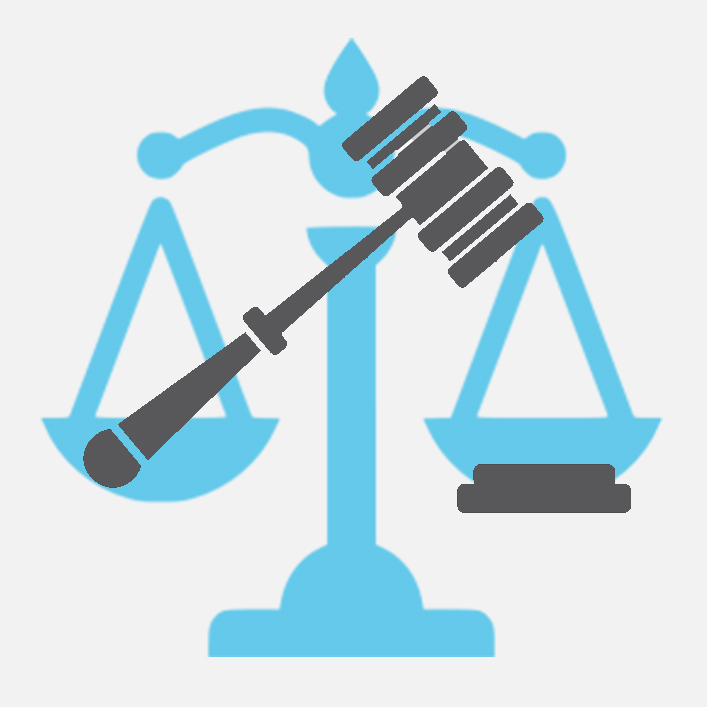Divorces, in general, are financially devastating for both parties, but rebuilding your finances after your divorce is a very possible thing to do. You will now be dependent on only your income, so learning how you can manage your money with one less person to support will be hard, but beneficial in the long run. You will only have to pay for your bills, food, and living expenses unless you are paying alimony. If you quickly establish a budget, re-prioritize your financial goals, and re-assess your current financial situation, managing your wealth will be easier to comprehend and understand. Step number one in your financial planning journey should be to review all of your expenses over the last year. Be diligent in looking at your most common expenses, your sources of income, your assets, and your new tax and credit situation. It is always more expensive and harder to pay for two households instead of one. So if you are paying alimony, as stated above, or child support, your expenses will go up. But if your partner also worked and provided for the household before you divorced and you both split your assets equally, you will only have your household to think about. Your second step should be reviewing your bank statements and credit card statements. Make or summarize an expense chart and list your expenses, your ex’s expenses, and your children’s expenses. After you have made a list of these things, you will have a clearer understanding of what you can now afford and how you will allocate your money to these things. If you received the house in your divorce settlement, consider moving into an apartment. Downsizing can help you save money.
Health insurance coverage is typically negotiated in divorce settlements. Spouses usually share the same insurance plan, so you will want to make sure having coverage is your number one priority after the settlement is over. Now that you are no longer married, you should ensure that your disability and life insurance coverage matches with the current state you reside in. Change any beneficiary designations on your retirement and bank accounts in your name, as well as your will if you have one. Some states require that you keep your former partner as a beneficiary on a policy, so you cannot change it if this is the case.
Contact a Lawyer
If you are at all confused about any limitations put in place by your divorce settlement or how you can manage your finances alone, you should consider contacting a divorce attorney today such as the divorce lawyer in Bloomington IL locals turn to.
Thanks to authors at Pioletti & Pioletti for their insight into Family Law.
